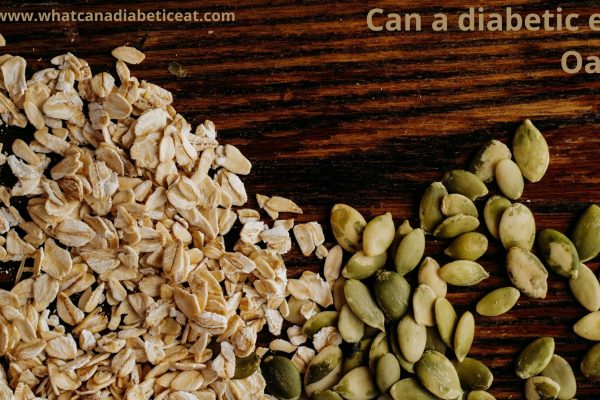Can a diabetic eat Basil?
Basil is a bush plant that has aromatic and flavourful leaves. A diabetic can eat Basil as many studies found that Basil can regulate blood sugar levels. Many people across the world consume basil leaves as part of their diet. Hindu people worship Holy basil (Tulasi) and consume Tulasi leaves as a sacred food. Many Italians use Basil leaves in Pizza and Pasta recipes. People in many parts of the world use Basil leaves in soups, salads, sandwiches etc.
What are the benefits of eating Basil?
Owing to strong flavour and aroma, Basil can add those extra points to your food. Basil is rich in antioxidants and other nutrients and can offer a range of benefits if you consume regularly in small amounts. Basil is rich in vitamins, minerals and nutrients including vitamin A, vitamin C, vitamin K, Iron, Calcium. Manganese, Copper and Omega-3. Some of the benefits you can derive by consuming Basil regularly include:
- Many studies found that Basil can help regulate blood sugar levels.
- Eugenol present in Basil can block Calcium channels and thus help regulate blood sugar levels.
- Few studies established that the essential oils in Basil can help regulate Cholesterol and Triglycerides.
- Magnesium in Basil can help relax muscles and blood vessels and thereby improve blood circulation.
- Basil can help regulate uric acid levels and prevent kidney stones.
- Acetic acid in Basil can help expel kidney stones via urine.
- Some studies in initial stages found Basil can act as laxative and help with constipation.
- Basil contains vitamins and minerals that can help fight Acne.
- Holy Basil contains antioxidants that can help fight cancer causing agents and protect vital organs such as Heart, Liver, Brain and nerves.
- Regular consumption of Holy Basil can boost your immunity, regulate body weight and improve your general health.
What are the side effects of Basil?
While you can derive many benefits from Basil when you consume it in small amounts, it can also have some adverse side effects if you are not careful. For example,
- Basil can cause low blood sugar in some people. So, if you are in any doubt, you should monitor your blood sugar levels when on a diet that includes Basil. You may find a blood glucose meter helpful to monitor blood sugar levels at home.
- While small amounts of Basil can do a lot of good to your liver, too much Basil can cause some problems with Liver. So, it is important that you limit the amount of Basil you consume.
- Eating too much Basil can also cause Nausea, Diarrhoea. Some people may also have rapid heart-beat and convulsions after consuming too much Basil.





